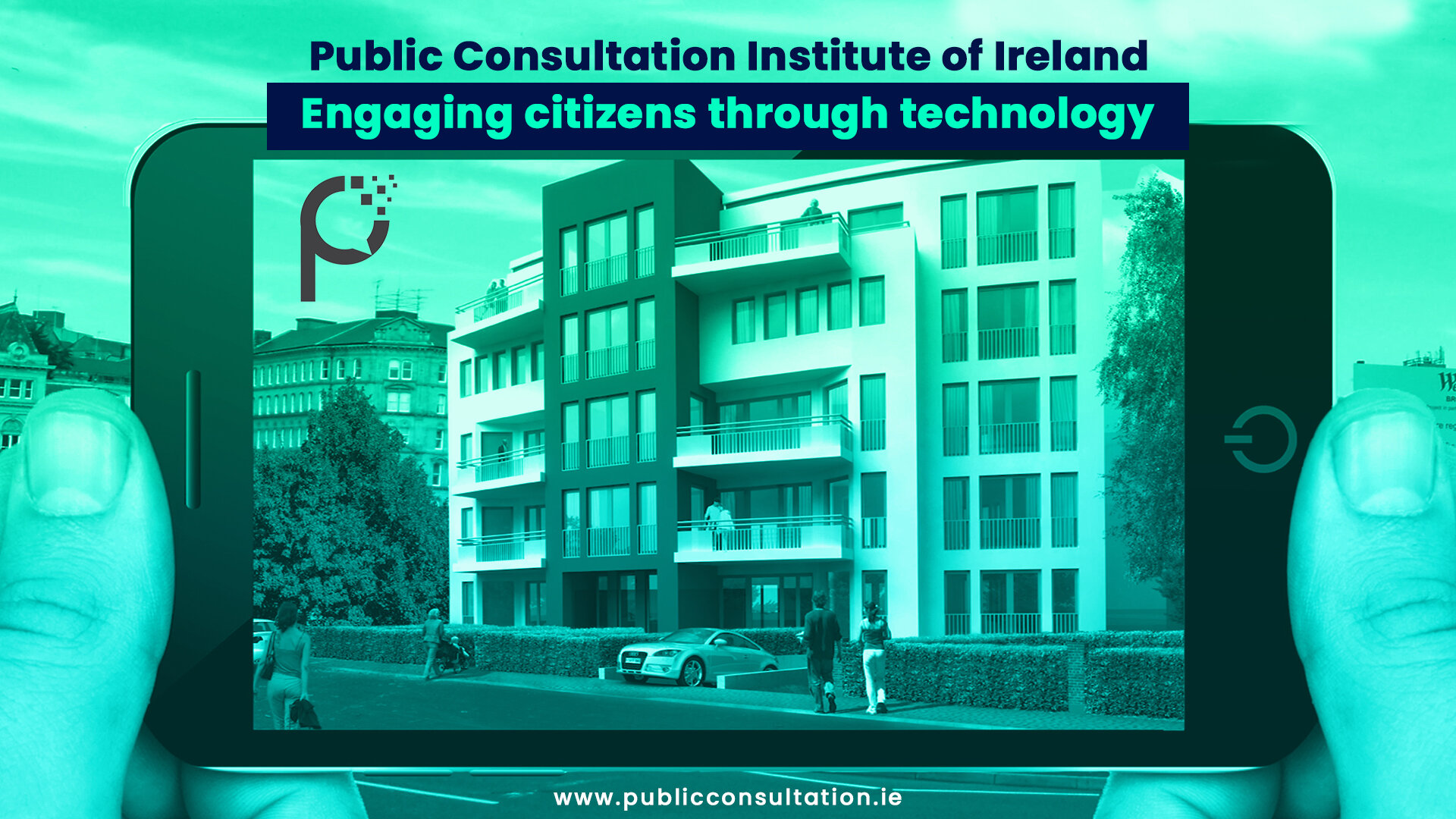Engaging citizens through technology
The public sector could greatly benefit from employing new and innovative technology to better interact with local citizens. Although public consultation through forums, workshops and focus groups have always shaped policy, technologies like community engagement apps, the internet of things (IoT) and immersive technologies are a new and effective way for governments and public bodies to build trust with the local community.
Smart devices are becoming cheaper and more accessible every day. According to Ofcom, more than 96 percent of under 35s have access to the internet, and 93 percent of Irish households own a smartphone. By using these devices to increase two-way engagement with the local population, public bodies give citizens a way to be heard regardless of their position in the community. Considering the views of private citizens has always been a prevalent concern for public institutions, and feeling unheard or ignored is perhaps the most common complaint citizens have with policymakers. Too often, this complaint is entirely fair. Politicians have frequently overruled the wishes of local people in favour of policies that benefit a small group throughout history.
There are so many benefits to listening to and actively engaging with the local community, rather than considering them to be a logistical problem that policymakers have to overcome. Government is a public function and as such, it requires consistent public input to ensure dynamic, fair and representative policy-making. For example, the government can become better informed about citizen’s pressing issues and spend public money in a more targeted fashion. Community engagement apps can poll citizens on any size issue and as frequently as is required in matters like budget surpluses and long-term planning related to infrastructure, schools and healthcare.
Ireland-based organisations helping public bodies better engage with its residents are Public Participation Networks (PPN), which was set up in 2016 by the Department of Community and Rural Development to involve communities in the decisions being made by local authorities; PLACEengage, a digital placemaking platform that empowers people to voice their opinions and concerns about proposed urban and rural planning matters from the comfort of their homes through a virtual town hall; and ChangeX, which gets proven ideas and funding directly to anyone ready to lead impactful projects in their communities.
The London borough of Newham recently used the CitizenLab platform to consult local people, businesses and shoppers on urban planning decisions, to great success. The engagement team analysed feedback from the local community and found that public art, wellbeing workshops and affordable local workspaces were among the most sought after projects.
This kind of community engagement helps keep politicians accountable. Platforms like PLACEengage and CitizenLab provide masses of data that politicians are obliged to use when deciding policy. When people feel their government listens to them, they are more inclined to trust policymakers, which further increases community engagement and improves the relationship between institutions and citizens.
Catapult is another organisation helping public bodies generate two-way communication with local people through gamification rather than polls and surveys. The company develops games where residents decide on planning and spending for cities like London. People can choose how much to spend on all the services the government provides over a twenty-year period. Once enough people have contributed, the data is presented to policymakers to assist their decision-making process.
Digital consultations like these build trust between public bodies and citizens and provide valuable proof for policymakers that their decisions are backed by the general public. Citizens can trace urban planning and budget decisions back to the source, which significantly strengthens democracy by granting citizens the policymaking transparency they desire. Covid-19 has accelerated digital adoption across the broader Irish population at a pace much faster than might otherwise have been expected. This opens up an opportunity for organisations to engage with a wider range of the population in a smarter, fairer and more successful way.
The Public Consultation Institute of Ireland (PCII) is committed to engaging citizens and empowering communities through the use of emerging technologies, which are transforming how the Government and citizens communicate and interact. PCII’s mission is to bring more people into the public participatory process. Not only will this expand informed public engagement, early studies suggest that it is likely to enhance the diversity and quality of partipartipation. View a list of public consultations currently open at www.publicconsultation.ie

